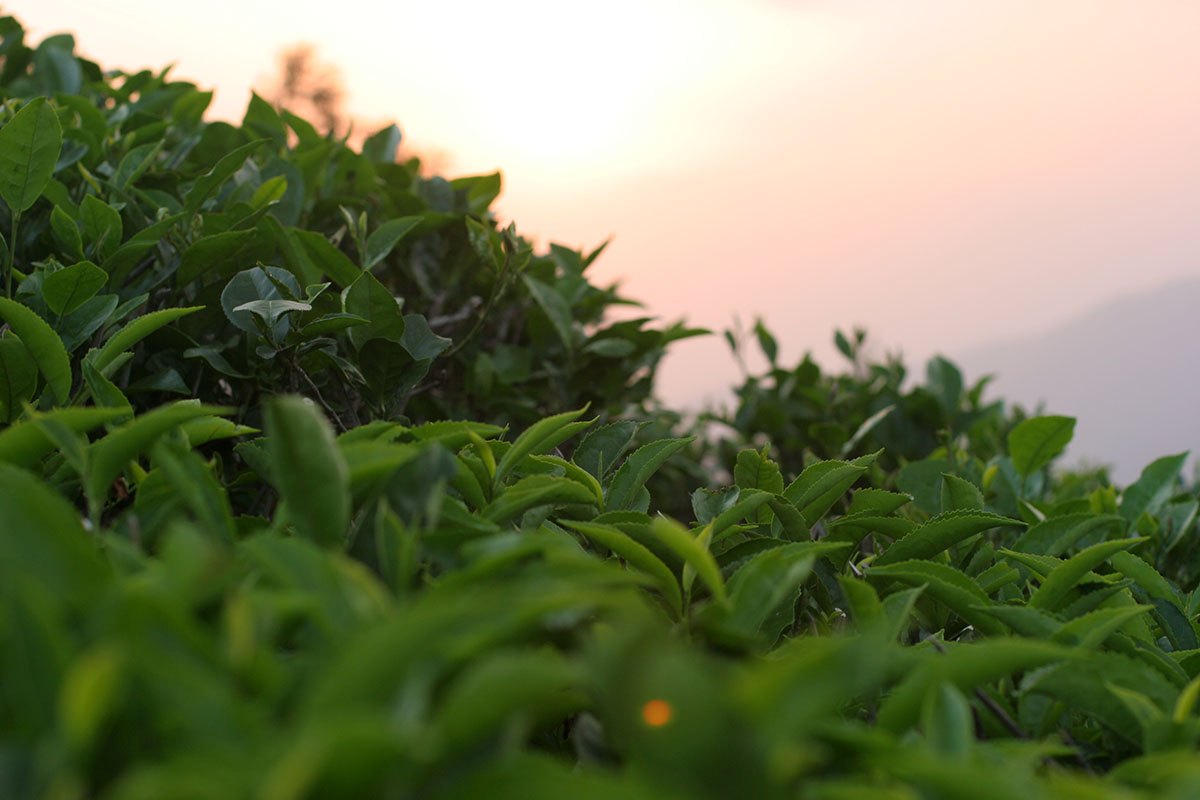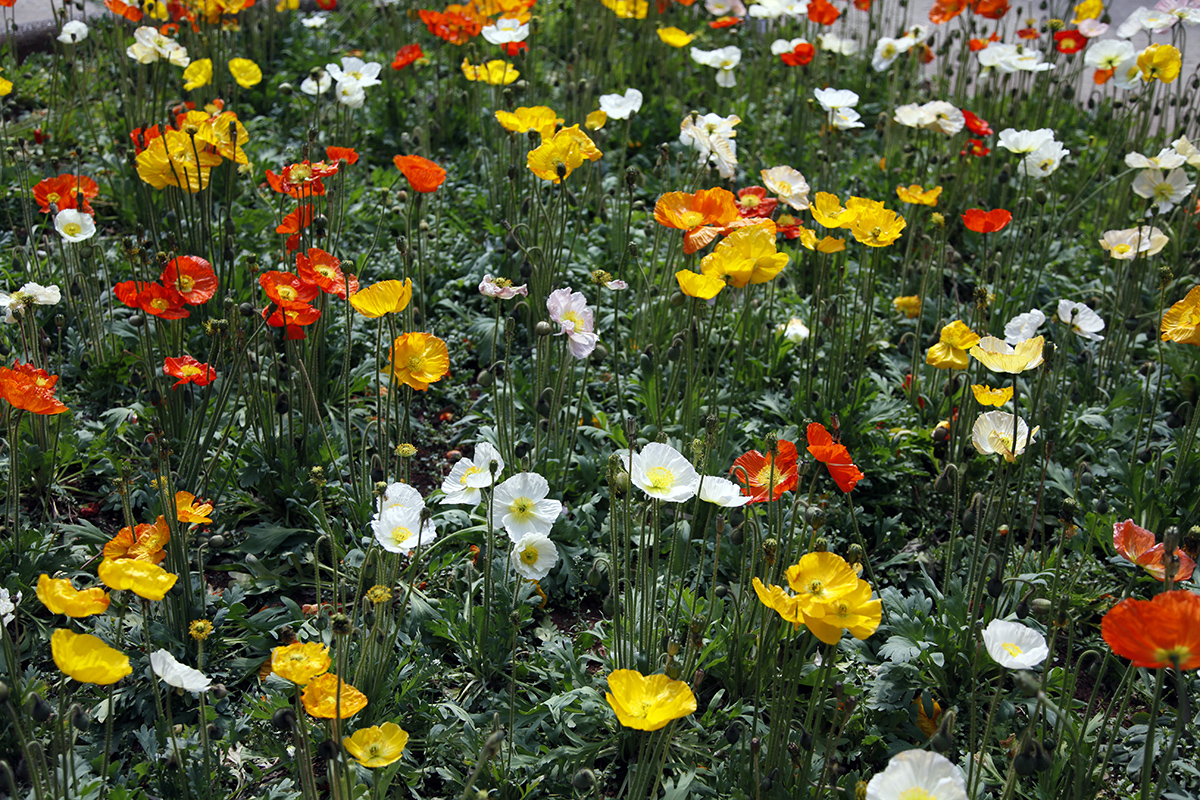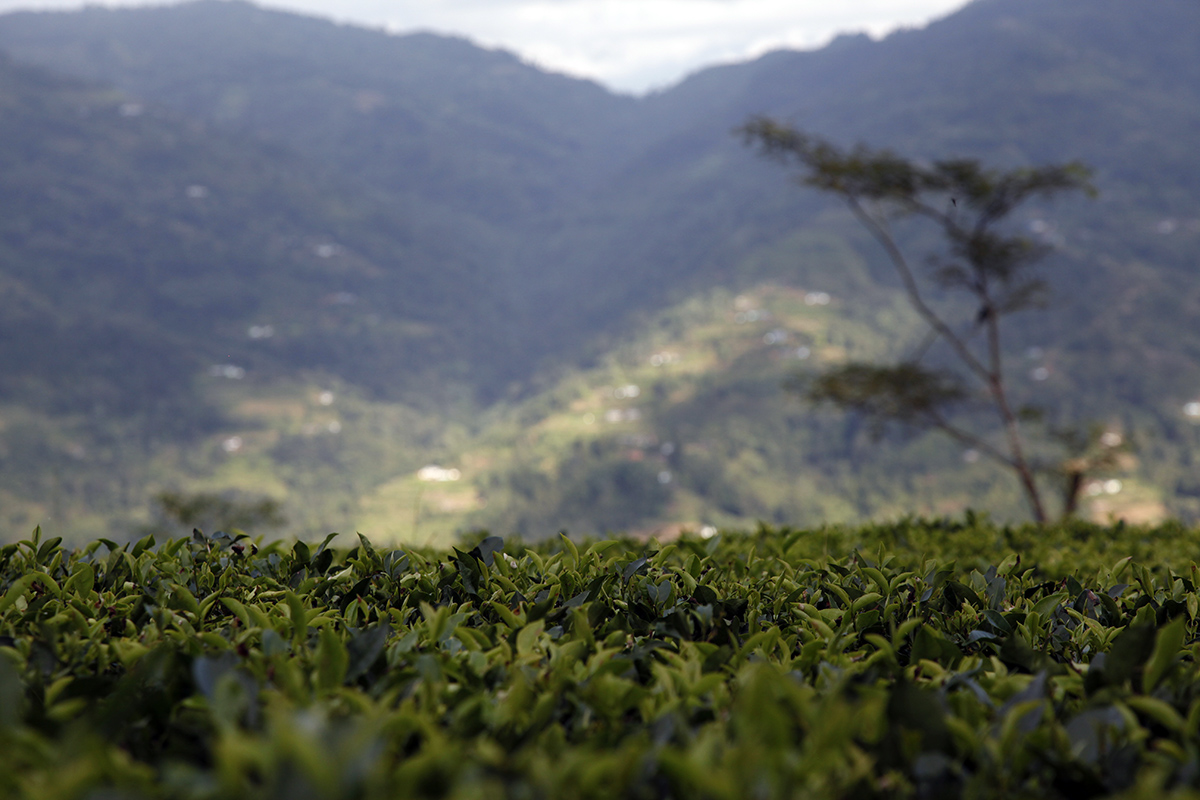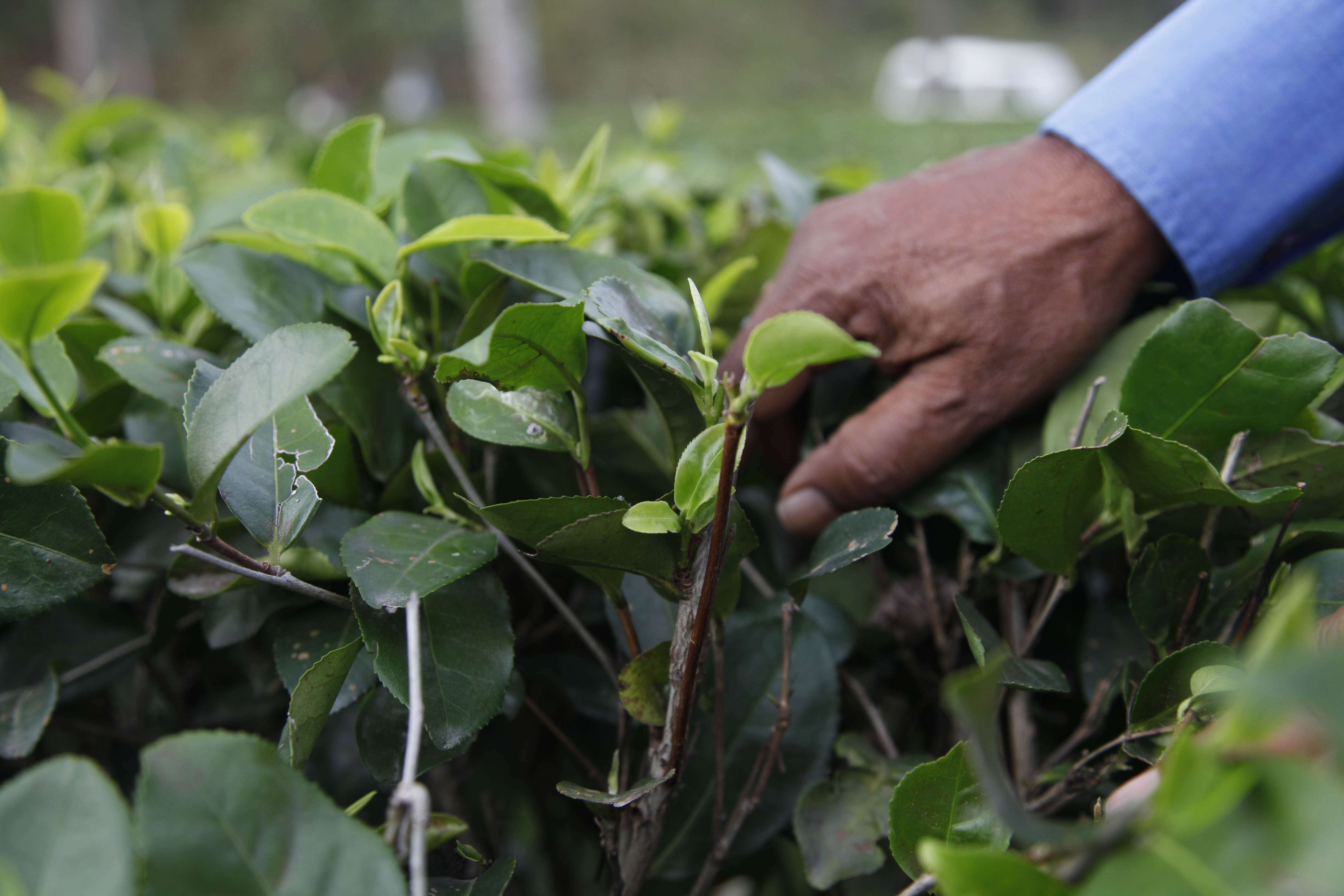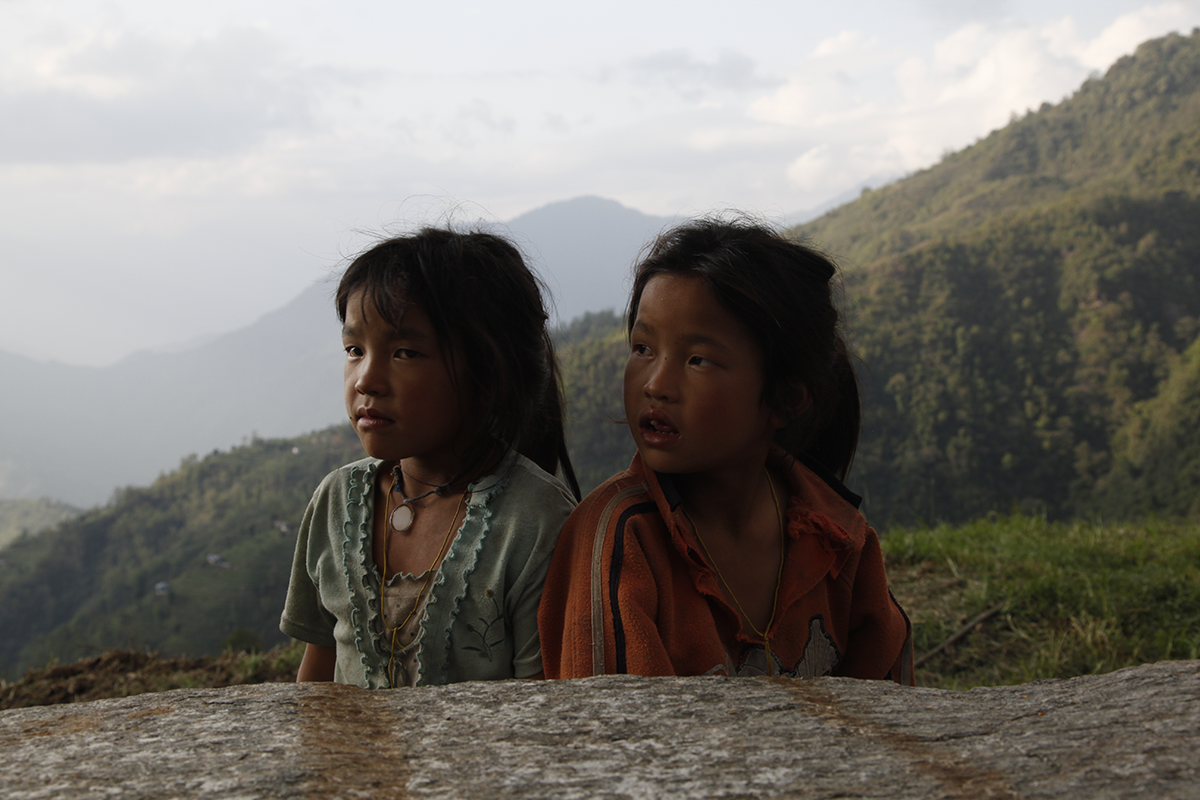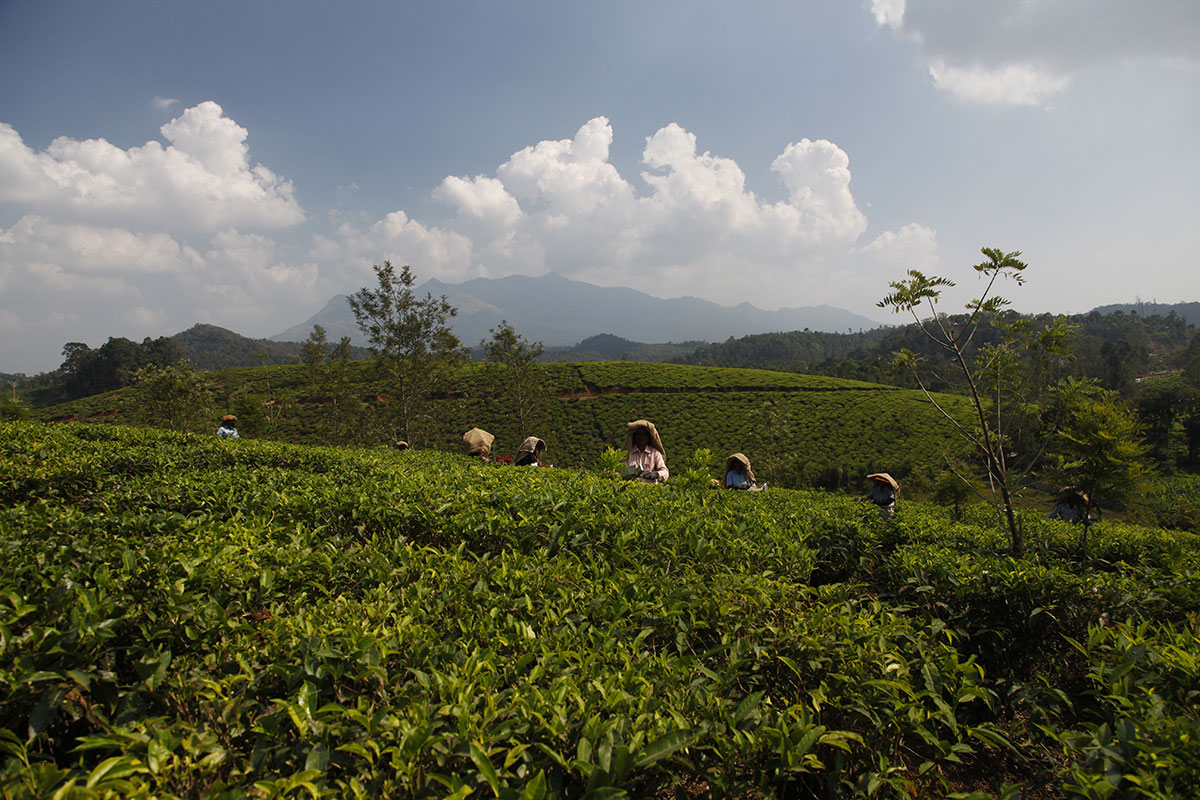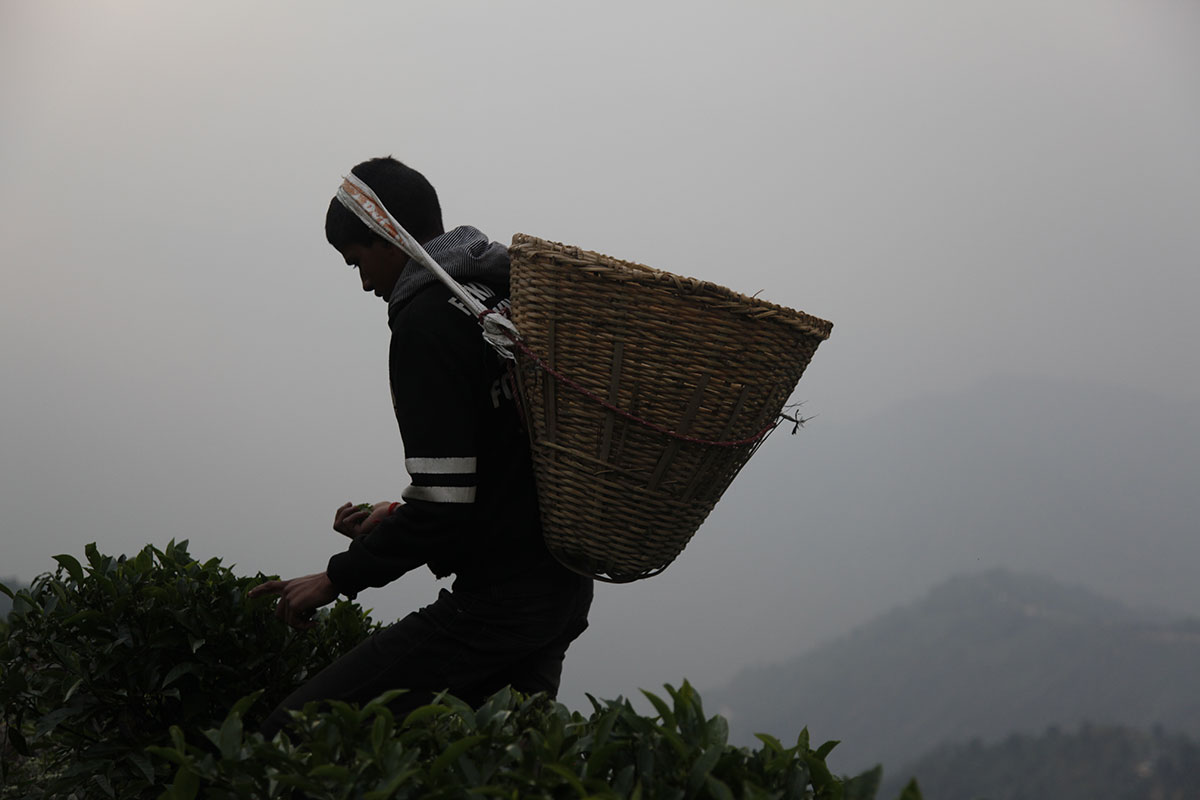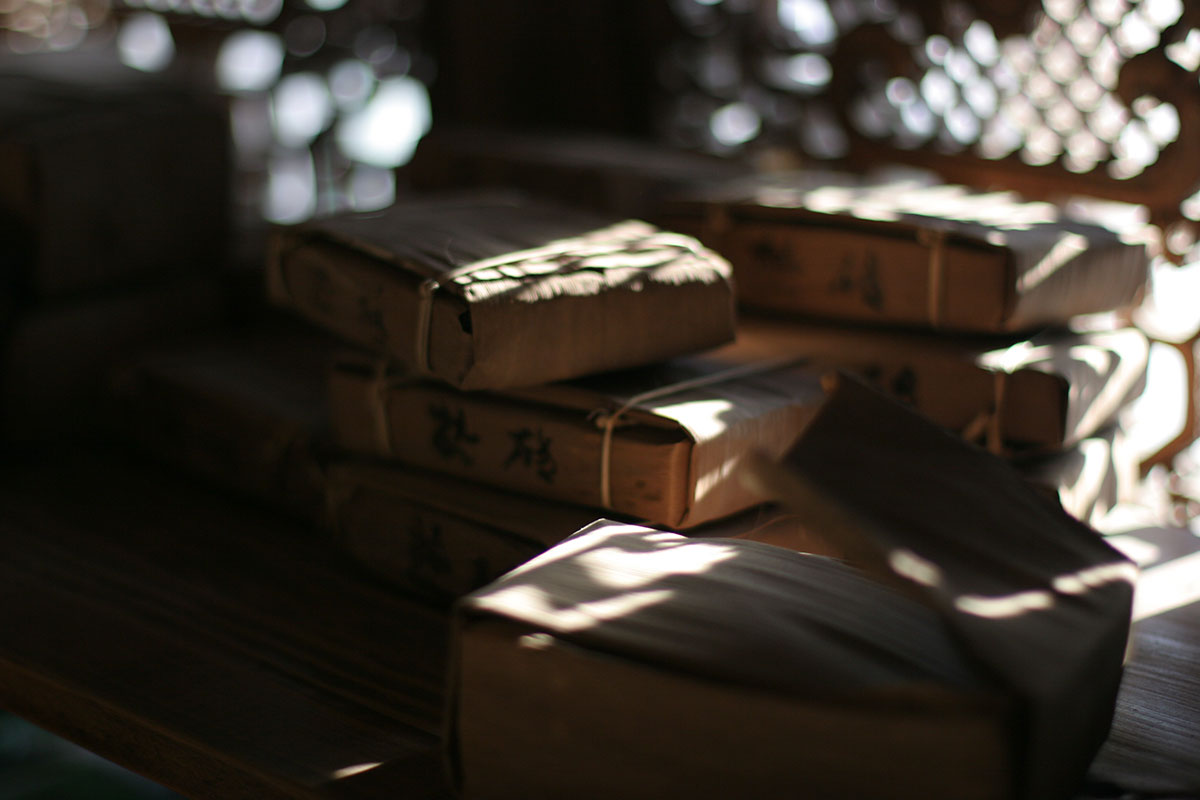What’s the point of a tea sourcer who can no longer source tea? What’s the point of a tea sourcer who can no longer spend time with farmers and has no samples to taste, who watches springtime unfurling through the window of his tasting room that usually receives around 100 samples a day at this time of year, compared with just a handful for the whole of the past week? What’s the point of a tea sourcer who can’t offer his customers rare batches to taste, because they can’t be served in stores, or sent out by post?
Although I feel alone, I’m trying to look on the bright side. In my tasting room I’m lucky enough to have an endless selection of premium teas, all bought over the past year. I taste them and hope for better times, and think of you all.

